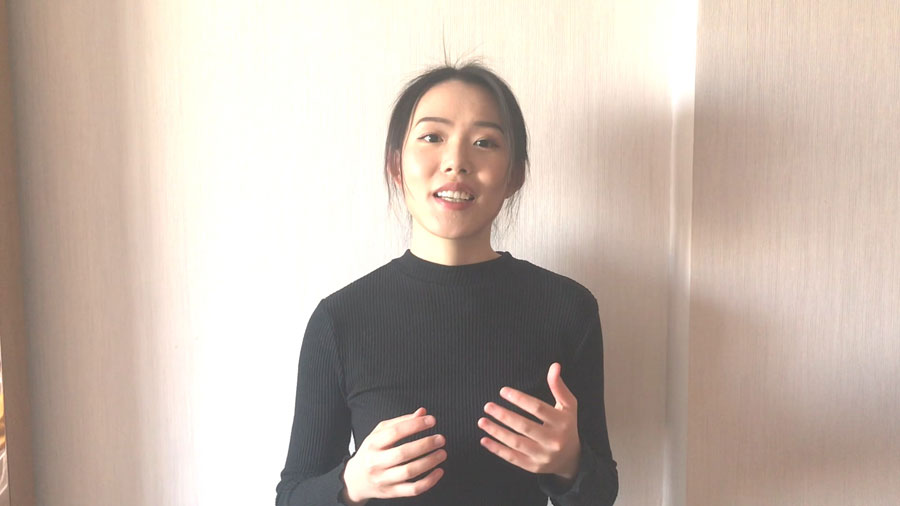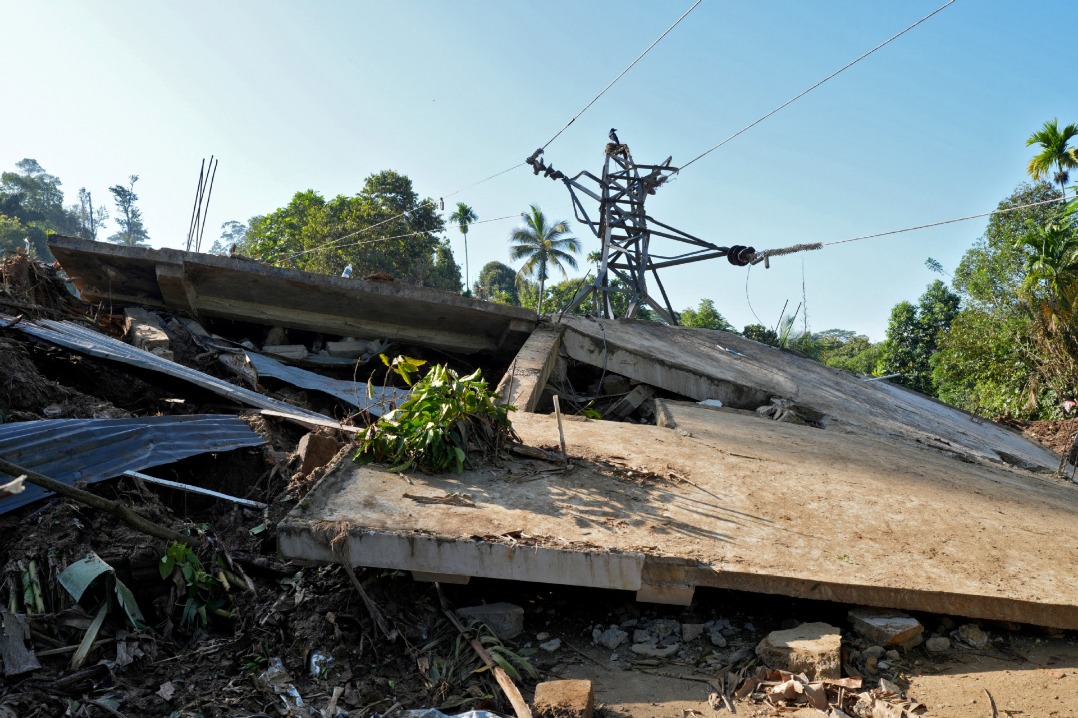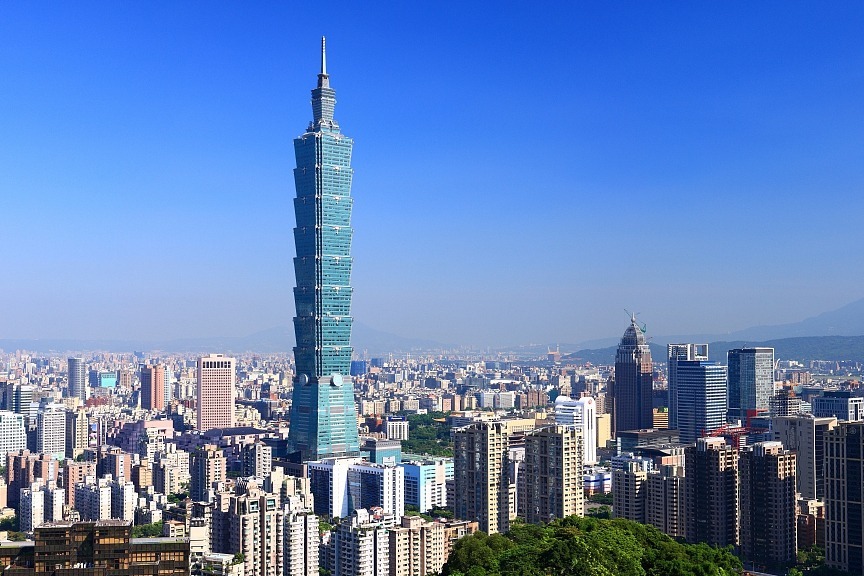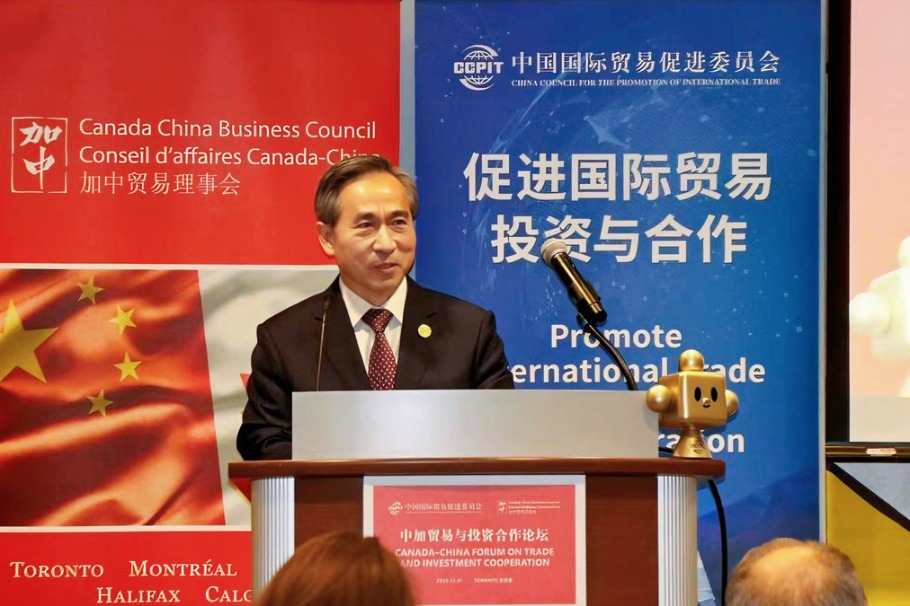Hard times bond people together


Zhu Jiayi, a master's student at the University of Southern California, tried her best to dissuade her parents in China from visiting relatives during Spring Festival because of the novel coronavirus outbreak. "Please cut your social contact as much as possible. That's the most effective way of stopping the spread of this virus," the 23-year-old told them.
However, a month later the situation was reversed when the pandemic hit the United States, Zhu said at the online Vision China event.
When her mother warned her to restrict her movements, Zhu replied she didn't see the point in sacrificing her routine "if others around me don't care". "We clearly knew how dangerous the virus could get and how we could effectively contain its spread," she said.
Zhu felt helpless as the novel coronavirus was treated differently than it was in China. Xenophobia and an undercurrent of racism against Chinese students and Asian Americans also worried her.
She decided to fly to her home in Luoyang, Henan province, despite friends warning her not to return when the situation was still not fully under control.
"All of humanity naturally gravitates toward a sense of belonging and security. But how far that goes, and where the fine line between self-protection and a sense of community lies, depends on the individual," she said.
Zhu and other Chinese students traveled to Hohhot in the Inner Mongolia autonomous region at the end of March after aviation authorities began diverting inbound flights from Beijing. She and her traveling companions spent 14 days quarantined in a hotel and she was impressed by the care social workers showed them.
Zhu praised the efforts of doctors, nurses, construction workers and social workers in the battle against the coronavirus, saying they were doing things "greater than themselves".
"Growing up I'd heard that hard times bond people together, but now I know it's a conscious choice that has to made," she said. "We live in an age of globalization-and this pandemic starkly demonstrates that-and if nobody takes on the mantle of global leadership the future will be extremely bleak."
































